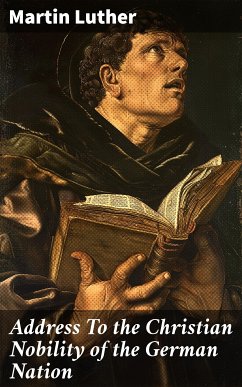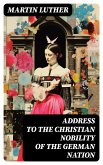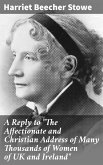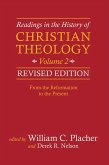In Martin Luther's 'Address To the Christian Nobility of the German Nation,' the author presents a call to the German nobility to reform the corrupt practices of the Catholic Church. Written in a persuasive and impassioned style, Luther uses strong language to urge the nobles to take action against the abuses of power within the Church. The book is considered a pivotal work in the Protestant Reformation and marks a significant shift in religious thought and practice during the 16th century. Luther's direct approach and clear arguments make this piece a compelling read for those interested in the history of Christianity and the Reformation movement. Drawing on his own experiences as a monk and theologian, Luther's words resonate with a sense of urgency and conviction that continue to inspire readers to this day. 'Address To the Christian Nobility of the German Nation' is essential reading for anyone seeking insight into the religious and social upheavals of the early modern period.
Dieser Download kann aus rechtlichen Gründen nur mit Rechnungsadresse in A, B, BG, CY, CZ, D, DK, EW, E, FIN, F, GR, H, IRL, I, LT, L, LR, M, NL, PL, P, R, S, SLO, SK ausgeliefert werden.









